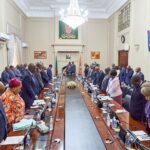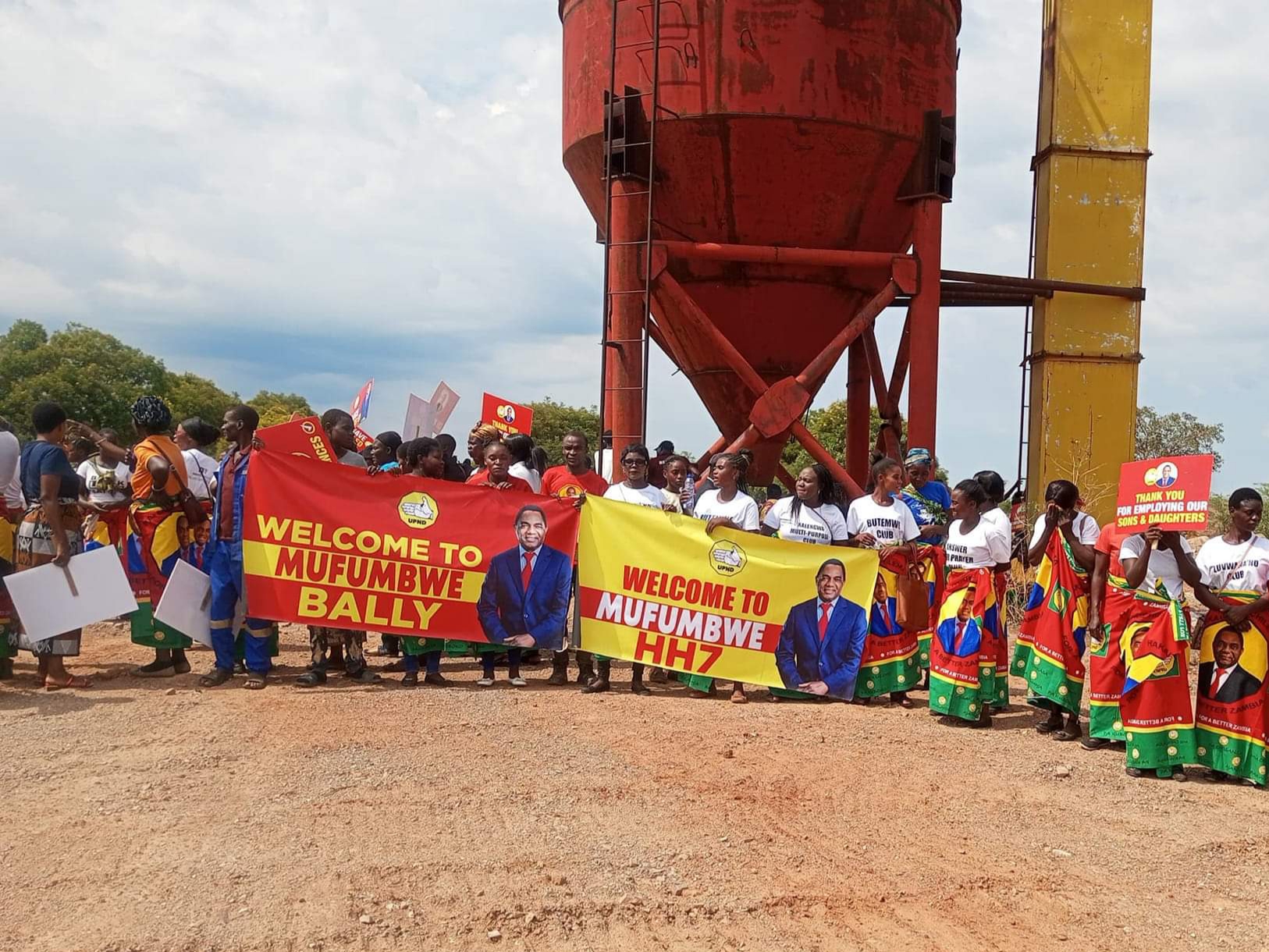The political dominance of the United Party for National Development (UPND), which rose to power in 2021, is now showing clear signs of erosion. Discontent among the Zambian populace is growing, fueled by allegations of deception, unmet promises, and questionable governance practices.
The Roots of Discontent
Since assuming office, the UPND has been criticized for failing to deliver on its campaign promises. Critics accuse the party of feeding the public with “a constant diet of lies.” While initial hope characterized the UPND’s ascent, this optimism has transformed into widespread frustration, with many Zambians feeling misled.
The cracks in UPND’s governance are not only visible but palpable, as the toiling masses openly express their dissatisfaction. The narrative of deception is no longer whispered in corners but loudly discussed in public spaces, signaling a growing demand for change.
Socialist Party Gains Ground
In this atmosphere of disillusionment, the Socialist Party, led by Fred M’membe, is gaining momentum. Once dismissed by the UPND, the Socialist Party is positioning itself as a credible alternative by emphasizing truthful discourse and policies aimed at social justice. The party’s increasing popularity highlights a significant shift in Zambia’s political dynamics.
M’membe’s approach resonates with a population weary of neoliberal capitalist policies and empty promises. The Socialist Party’s rise underscores a broader trend: Zambians are seeking leaders who prioritize integrity and the well-being of the masses over political expediency.
UPND’s Current Strategies and Their Limits
The UPND’s reliance on distributing cash and food rations during by-elections has drawn widespread criticism. This tactic, perceived as an attempt to manipulate poverty-stricken voters, is being condemned as immoral and unsustainable. Asking citizens for voters’ cards and national registration cards (NRCs) in exchange for food further fuels public anger.
This strategy not only highlights the party’s desperation but also risks alienating the very electorate it seeks to woo. As the masses begin to see through such tactics, the UPND faces an uphill battle to regain trust.
The Call for Accountability
There is a growing sentiment among Zambians to reject manipulative politics. The call to accept monetary or material benefits from politicians without feeling obligated to vote for them reflects a population that is becoming politically savvy. Many argue that this approach could be a powerful tool to demand accountability and ensure leaders prioritize meaningful development.
What Lies Ahead?
The UPND’s declining popularity raises questions about its prospects in the 2026 general elections. While the party’s initial rise was fueled by promises of change and progress, its current trajectory suggests a need for serious introspection and reform. The mood for change is not just a slogan but a reality that the UPND must confront if it hopes to remain relevant.
On the other hand, the Socialist Party’s rise signals a potential shift in Zambia’s political landscape. With its focus on truth and justice, the party represents a beacon of hope for many disillusioned Zambians. Whether this momentum will translate into electoral success remains to be seen, but the tectonic plates of Zambia’s political arena are undeniably shifting.
The UPND’s journey from hope to disillusionment serves as a stark reminder of the importance of accountability and integrity in governance. As Zambia approaches its next election cycle, the voices of the masses will likely play a pivotal role in shaping the country’s future. For now, one thing is clear: Zambians are demanding more than just promises—they want leaders who deliver.






